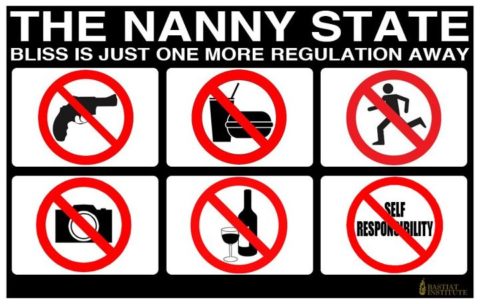In The Critic, Alex Klaushofer outlines how the Oxfordshire County Council introduced the 15-minute city nonsense for Oxford:
This time last year I watched with bemusement as a strange new trend emerged in my native Britain. Councils were introducing restrictions on citizens moving about by car. Living in Portugal had given me an observer’s detachment and I struggled to reconcile what I was seeing with the country I knew.
Oxford — my alma mater and the city where I regularly used to lose my bicycle — was at the heart of it. In November 2022, Oxfordshire County Council approved an experimental traffic scheme in a city notorious for congestion. Traffic filters would divide the city into zones, with those wishing to drive between them obliged to apply for permits.
Residents would be allocated passes for up to 100 journeys a year and those living outside the permit area 25. The zones would be monitored by automatic number plate recognition cameras and any journeys taken without permits would result in fines.
Duncan Enright, the councillor with responsibility for travel strategy told the Sunday Times the scheme would turn Oxford into a 15-minute city: “It is about making sure you have the community centre which has all of those essential needs, the bottle of milk, pharmacy, GP, schools which you need to have a 15-minute neighbourhood”.
The explanation didn’t make sense. The council was presenting a scheme centred around restrictions on the movement of vehicles on the basis of something quite different: the desirability of local facilities. It was part of a plan for a “net zero transport system” which included a commitment to “20-minute neighbourhoods: well-connected and compact areas around the city of Oxford where everything people need for their daily lives can be found within a 20-minute walk”.
Yet the Central Oxfordshire Travel Plan made no provision for new services or even assessing existing amenities. Instead, flourishing neighbourhoods were to be achieved by the simple expedient of making it difficult for people to drive across the city. Residents, visitors and businesses would make only “essential” — the word was highlighted in bold — car journeys. And while they would still be able to enter and exit Oxford via the ring road, “a package of vehicle movement restrictions” would “encourage” people to live locally.
Traffic management or social engineering? The council’s plan looked like a case of bait-and-switch: citizens were being enticed to accept one thing on the promise of another. And, judging by the increasing revenues other councils were collecting through cameras, the scheme would be a nice earner.
The vast amount of media coverage on 15-minute cities fuelled the fundamental confusion at the heart of the Oxford scheme. Instead of examining its implications, journalists characterised those questioning the proposals as “conspiracy theorists” who were wilfully refusing leafy roads and local markets. “What are 15-minute cities and why are anti-vaxxers so angry about them?” ran a headline in The Times.
The Guardian published a piece titled “In praise of the 15-minute city” which mocked “libertarian fanatics and the bedroom commentators of TikTok”, claiming they belonged to an “anti-vaccine, pro-Brexit, climate-denying, 15-minute-phobe, Great Reset axis”. What had happened to the newspaper I’d read for decades and on occasion written for, with its understanding of the effects of policies on ordinary people?
The public debate around the Oxford experiment completely bypassed the obvious practicalities. What about a typical family, juggling work with school runs and after-school activities? Having to drive out of the city and around its periphery for each trip could make their lives impossible. How would those whose work wasn’t accessible by public transport manage on the two permitted journeys a week?










